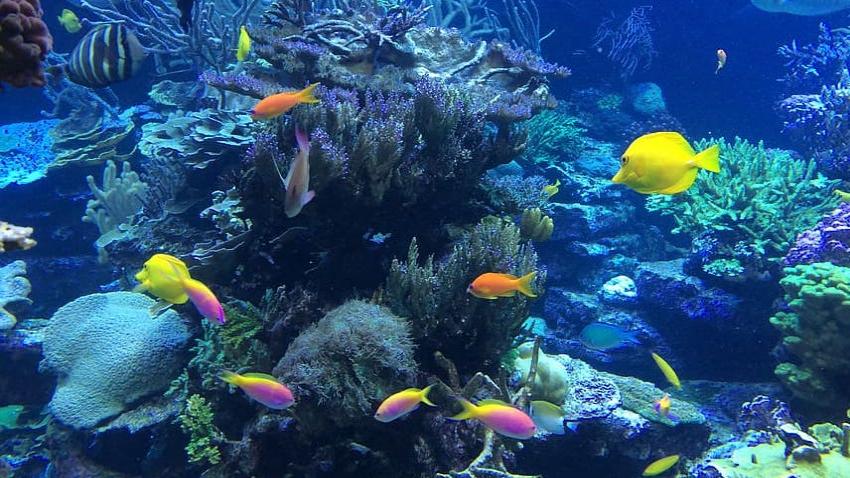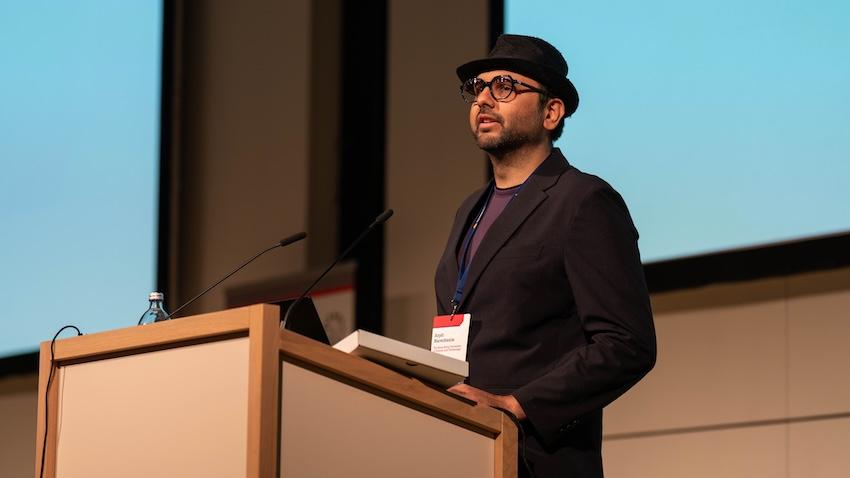
New Grant Will Help to Develop Immersive Ocean Learning for Visually-Impaired Students
Visually-impaired students will soon have the opportunity to study oceanography in more inclusive learning environments thanks to a new grant from the National Science Foundation (NSF). Researchers at Georgia Tech, along with other collaborators, were awarded $300,000 over two years to develop immersive informal learning exhibits about ocean data using sound.
Titled Accessible Oceans: Exploring Ocean Data Through Sound, the project will use auditory displays in museums, science centers, and aquariums.
“Most data presentations in these spaces use visual display techniques like graphs, charts, or visualizations,” said Carrie Bruce, a senior research scientist in Georgia Tech’s School of Interactive Computing and one of the co-principle investigators on the project. “These media can provide inequitable access for learners with vision impairments or other print-related disabilities.”
In these displays, music or sound effects may often be used, but are inadequate for conveying key quantitative information. This project will use sonification to convey key data about ocean phenomena from charts and graphs for all learners with and without disabilities. It will include a context-setting audio introduction that will help ensure all users start with the same basic information about the subject. They will leverage existing educational ocean datasets from the NSF-funded Ocean Observatories Initiative to create the displays.
Researchers on the project will also engage a collection of ocean science experts, visually-impaired students and adults, as well as teachers, and design-oriented undergraduate and graduate students.
The study will include 425 participants, but will reach many more through the development of educational materials and public reporting. Researchers will partner with the Smithsonian National Museum of Natural History, Woods Hole Oceanographic Institution Ocean Discovery Center, the Georgia Aquarium, the Eugene Science Center, the Atlanta Center for the Visually Impaired, and the Perkins School for the Blind.
Bruce said the project will generate new publicly accessible resources.
“This will advance studies of inclusive approaches on motivating learners with and without disabilities to learn more about and consider careers in STEM,” Bruce said.


